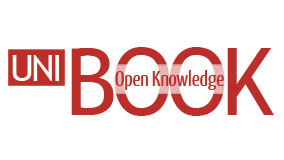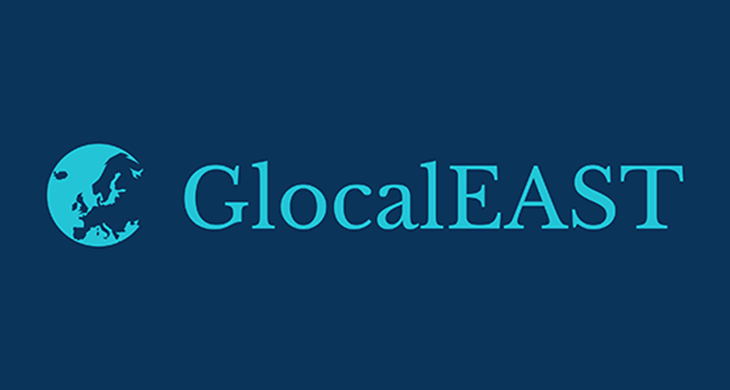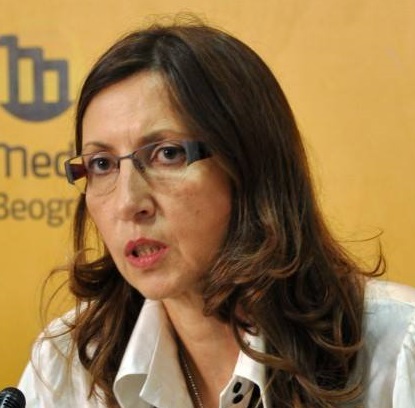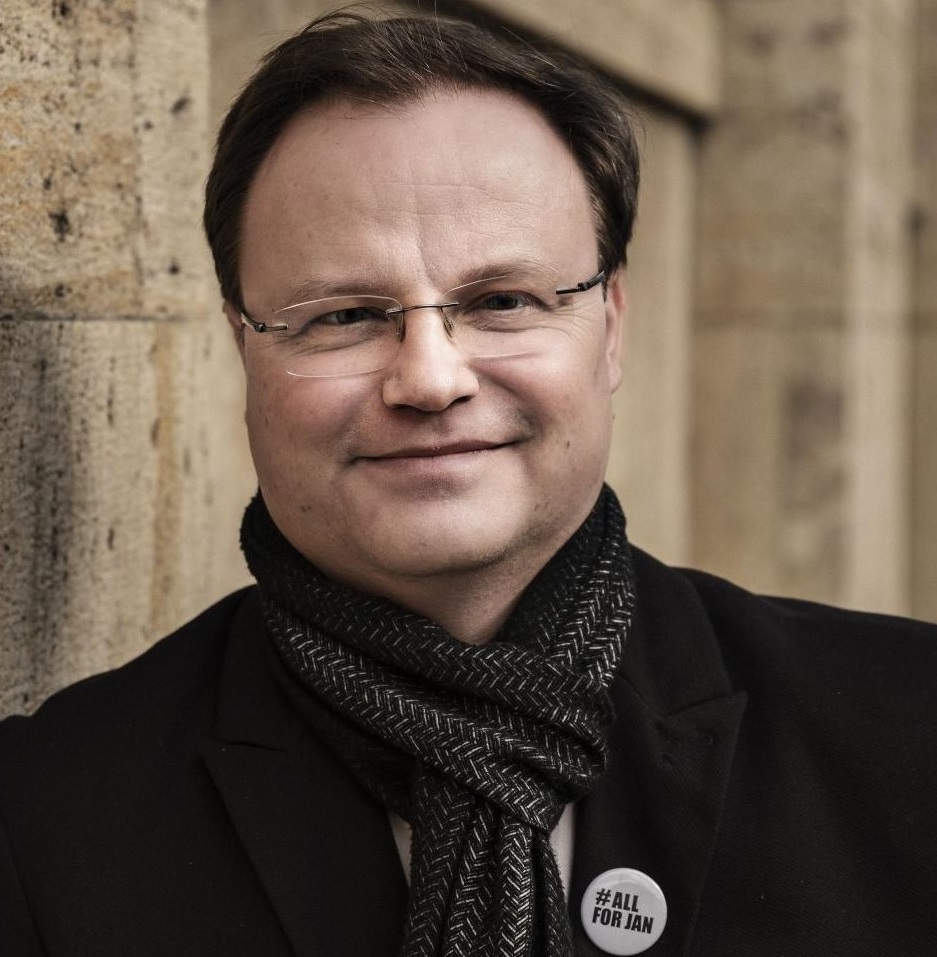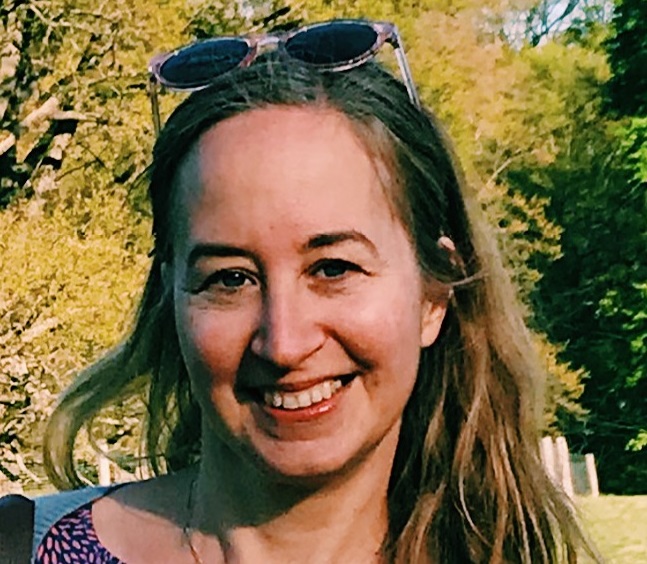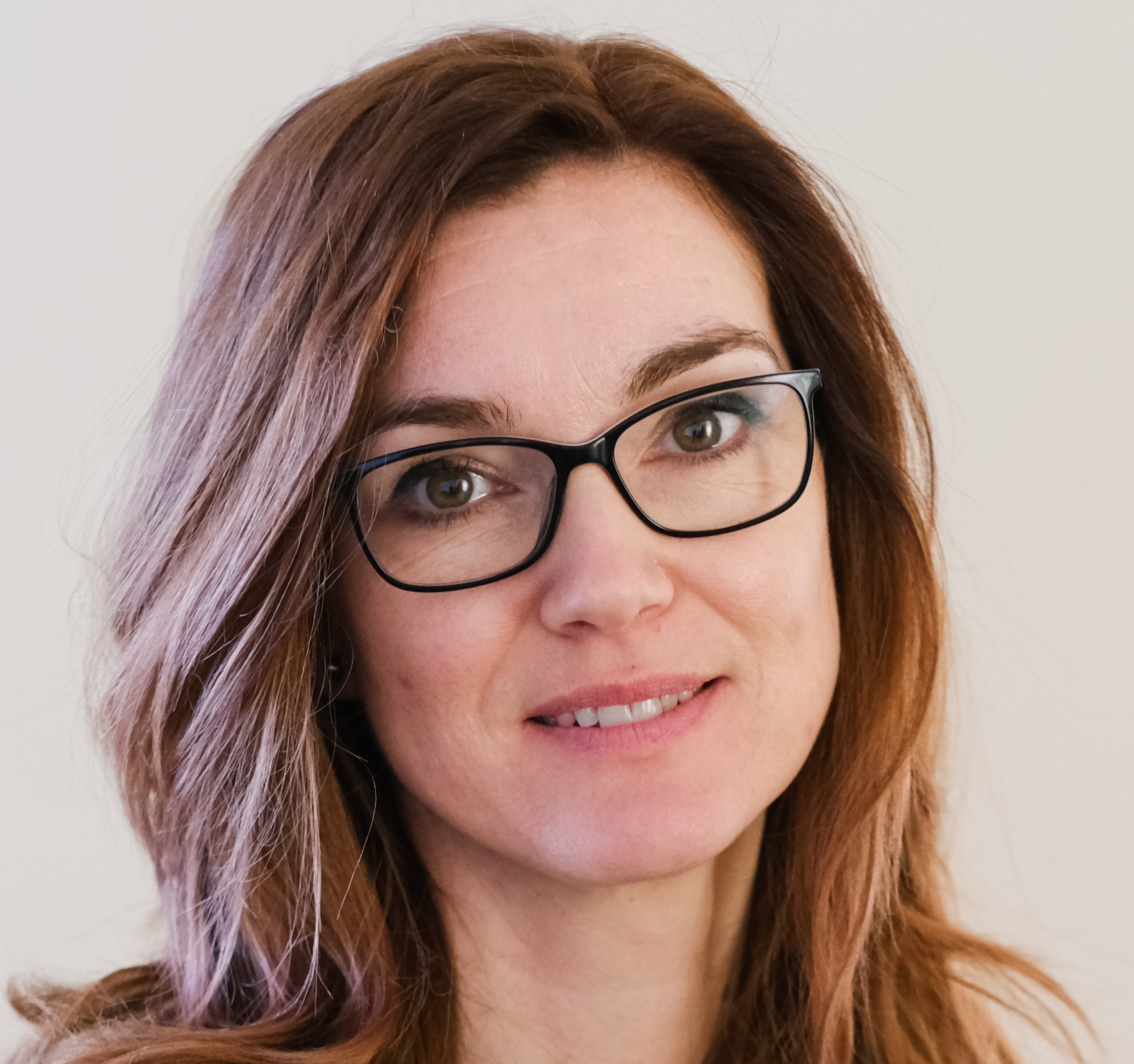This MOOC is structured in four WEEKS. Each WEEK has modules and lessons consisting of texts, videos, quizzes.
Course Coordinator
MARCO PULERI
Marco Puleri is Senior Assistant Professor and Deputy Director of the MA Programme in East European and Eurasian Studies at the Department of Political and Social Sciences of the University of Bologna. His research interests include contemporary Russian and Ukrainian sociocultural developments and nation-building in the post-Soviet area. His latest book is Ukrainian, Russophone, (Other) Russian: Hybrid Identities and Narratives in Post-Soviet Culture and Politics (Peter Lang, 2020). From 2015 to 2020, he has been among the coordinators of the international research projects: Russia and China in the Global World. State and Society between internal dynamics and external projections (2015-2017); Multiculturalism and Regionalism in Post-Maidan Ukraine (2018-2020).
Course Professors
MIRJANA BOBIC
Mirjana Bobic, is a Professor at the University of Belgrade, Faculty of Philosophy. She teaches several courses in the fields of Migration Studies and Social Demography. She serves as an active researcher at the Institute of Sociological Research, Faculty of Philosophy. She published several books and numerous peer reviewed articles in the field of migration, to name just 2 monographs: ‘Towards Understanding of Contemporary Migration. Causes, Consequences, Policies, Reflections’, (Stefan Jankovic, co-editor), Belgrade: Institute for Sociological Research, Faculty of Philosophy University of Belgrade, 2017, and ‘Study on external and internal migration of Serbian citizens with the special emphasis on youth’ (coauthors: Milica Veskovic Andjelkovic and Vlasta Kokotovic Kanazir), Belgrade: IOM, 2016.
Zsolt GÁL
Zsolt Gál is an assistant professor at the Department of Political Science, Faculty of Arts at Comenius University in Bratislava, Slovakia. He holds an MA degree in Political Science from this department and a PhD degree in Economics from Corvinus University in Budapest, Hungary. His research interests include public finances, economic aspects of European integration, economic transformation in Central and Eastern Europe and international migration. Zsolt teaches several courses in these fields at Comenius University. He is the author of the book The 2007–2009 Financial Crisis. What Went Wrong and What Went Different? (2011) and his works were published in several edited volumes and academic journals.
GIEDRIUS JANAUSKAS
Giedrius Janauskas is an Associate professor at the Department of Regional Studies, Faculty of Political Science and Diplomacy, and Vice Dean, Faculty of Humanities, at Vytautas Magnus University, Lithuania. He is a member of Research Cluster on Migration and the Diaspora at Vytautas Magnus University. Among his research interests we may mention: Demos Diplomacy during the Cold War period, Political activities of the Baltic émigrés after II World War, Society in Lithuania 1918-1940; Formation of the Baltic Sea Region XX-XXI century, Contemporary Lithuanian Migration.
CAROLIN LEUTLOFF-GRANDITS
Carolin Leutloff-Grandits is a Senior Researcher at the Viadrina Center B/ORDERS IN MOTION at the European University Viadrina in Frankfurt (Oder). Carolin Leutloff-Grandits received her PhD in Social Anthropology from the University of Halle-Wittenberg as the recipient of a doctoral fellowship from the Max Planck Institute for Social Anthropology and her Venia Legendi (Habilitation) in Social Anthropology from the University of Vienna. She has conducted numerous research projects on borders, inclusion and exclusion, migration and social security, family, gender and generation, as well as temporality and transformation, often in an intertwined perspective, in Croatia and Kosovo as well as in Germany and Austria, funded among others by the Leibniz Excellence Initiative, FWF and the EU's 6th Framework Programme.
FRANCESCO PRIVITERA
Francesco Privitera is an Associate Professor at the Department of Political and Social Sciences of the University of Bologna. He has served as programme coordinator of the MA in Interdisciplinary Research and Studies on Eastern Europe. Among his research interests, we may mention: post-communism and political transition processes; Ethnic and minorities’ questions in East Central and Balkan Europe; the idea of State, nationalism and state-building process; Modernization in the Balkans and Eastern Europe.
ANETA VILÁGI
Aneta Világi is an Assistant Professor of Political Science at Comenius University in Bratislava, Slovakia and Vice Dean for International Relations at its Faculty of Arts. She studies Slovak politics, European integration and research methodology. Her current work on Euroscepticism and anti-democratic politics draws on qualitative fieldwork and social science experiments in Slovakia. Világi has written on a range of topics, including Slovak elections to national and European parliament, ethnic minorities in Slovakia and popular perceptions. She runs the international project of the EC programme „Europe for Citizens“, which aimed to improve expert´s comprehension of popular attitudes towards the EU. Currently she is working on Horizon research project mapping political trust (TRUEDEM). Világi shares her insights with media on regular basis including Slovak national broadcaster (TV & radio), print media and foreign media as Financial Times, New York Times, AFP, etc.
MARCO ZOPPI
Marco Zoppi is a post-doctoral research fellow at the Department of Political and Social Science, University of Bologna, and Board member of IECOB - The Institute for Central-Eastern and Balkan Europe. His research interests focus especially on migration and integration issues, in Europe and across the Adriatic-Ionian macro-region. He is currently involved in three international research projects (REInSER, TESI and GlocalEast) funded by Adrion Interreg and the Erasmus+ Programme dealing with the topics of integration, migration, diaspora in Europe at large. He is the author of the book "Futures of the Western Balkans: Fragmentation and Integration in the Region and Beyond" (Springer, 2022).
DRAGO ŽUPARIĆ-ILJIĆ
Drago Župarić-Iljić, PhD, is a Sociologist, working as an Assistant Professor at the Department of Sociology, Faculty of Humanities and Social Sciences, University of Zagreb. He has published articles and chapters within the interdisciplinary fields of migration, asylum, ethnicity, population and environmental studies. His focus is mainly on various structural causes and drivers of migration, mobility and post-migration phenomena, with a special interest in the Central East European region. His PhD thesis dealt with cases of environmental change as old/new generators of (in)voluntary migrations.

